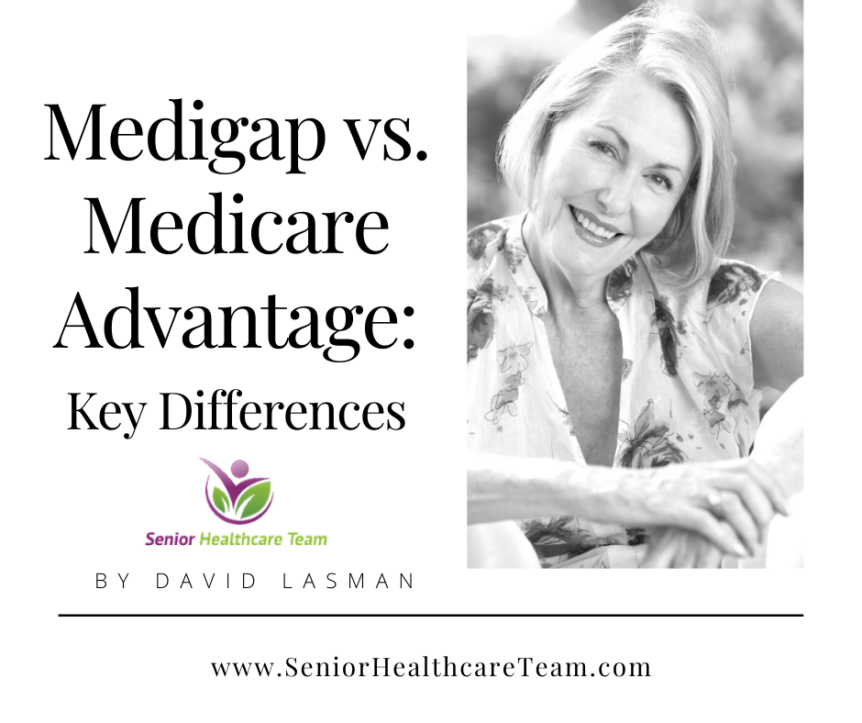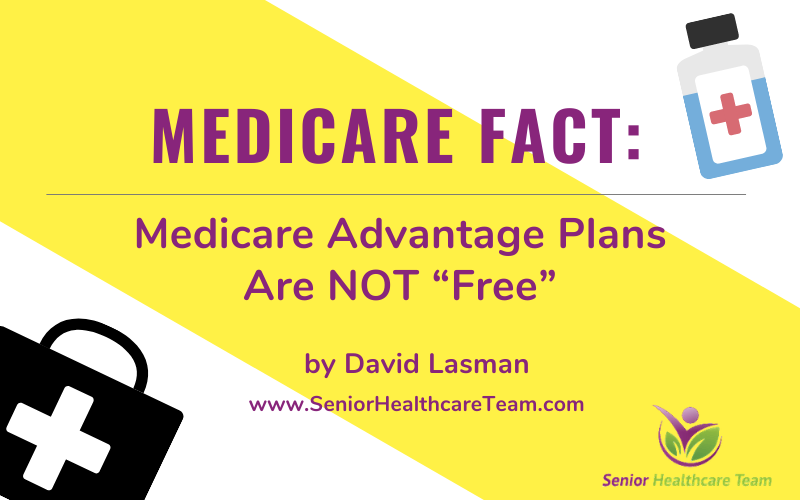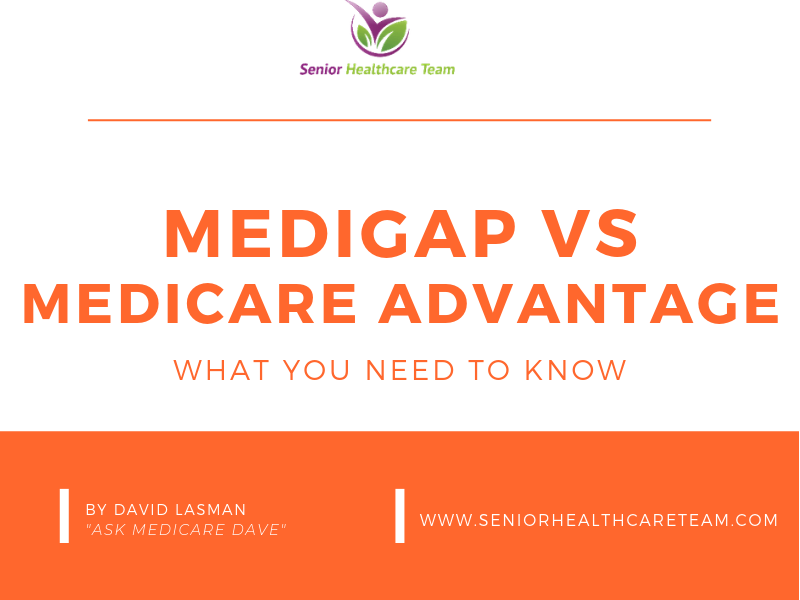Medicare Advantage plans, also known as Medicare Part C, have gained popularity as an alternative to traditional Medicare. These plans offer a combination of hospital and medical coverage, often with additional perks like dental, vision, and prescription drug coverage. While Medicare Advantage plans have their advantages, it’s essential to consider the disadvantages before enrolling. In this article, we’ll explore five significant disadvantages of Medicare Advantage plans to help you make an informed decision about your healthcare coverage.
Medicare Advantage vs Medigap: How to Choose Between the Them
Both Medicare Advantage and Medicare Supplement allow you to fill the gaps in coverage that are found in original Medicare. However, Advantage and Supplement plans will vary depending on costs, coverage and the provider network (HMO, PPO and PFFS). Therefore, you’ll need to compare these policies to choose the ideal combination of Medicare policies for your situation.
Medicare Supplemental Insurance: Advantages and Apprehensions
If you are a senior on Medicare, you probably already know that it does not provide all the health insurance coverage you need. Many people consider buying a Medicare supplement plan.
Medicare Advantage vs Medicare Supplement Plans
The high cost of healthcare in the United States makes health insurance coverage a necessity for most people, particularly seniors who are more prone to health problems and are more likely to live on fixed incomes.
Medigap vs. Medicare Advantage – Key Differences
While the Medigap and Medicare Advantage plans can each be beneficial, there are key differences between the two. Being well acquainted with these differences can help you choose the type of plan that works best for you.
Medicare Fact: Medicare Advantage Plans Are Not “Free”
You might have seen advertisements on television or received unsolicited phone calls from insurance agents trying to sell you “free” or “premium-free” Medicare Advantage plans. Buyer Beware… nothing in this world is free, and it is important understand the hidden costs, restrictions and limitations associated with this type of coverage.
Over 65? You Need a Medicare Supplement Plan
Getting health coverage is one of the most important parts of aging. Often times, especially when we are in good health, we may neglect the importance of getting this coverage. However, with potential unforeseen medical expenses looming, this is a crucial time to make sure you are completely covered. Unfortunately, Medicare does not cover all of your Medical expenses at 100%.
How to Know if You Need a Medicare Supplement Plan
If you’re nearing age 65, you’re probably considering your Medicare enrollment options. The standard coverage beneficiaries receive is Medicare Parts A and B, known as Original Medicare. Part A includes coverage for hospitals, skilled nursing facilities, and hospice care while Part B includes doctor visits, outpatient therapy, ambulances, and medical equipment.
Do I Need to Do Anything Else After Medicare?
If you’ve recently enrolled in Original Medicare, congratulations! Now is a good time to learn about the different parts of Medicare, so you can understand what your benefits include and decide if you want to sign up for additional coverage.
Medigap vs. Medicare Advantage: What You Need to Know
Like any massive insurance enterprise, Medicare is confusing. Medicare.gov offers hundreds of pages of explanation, but luckily the basics of the program aren’t difficult to grasp. As the cliché goes, however, the devil is in the details.
- Page 1 of 2
- 1
- 2










